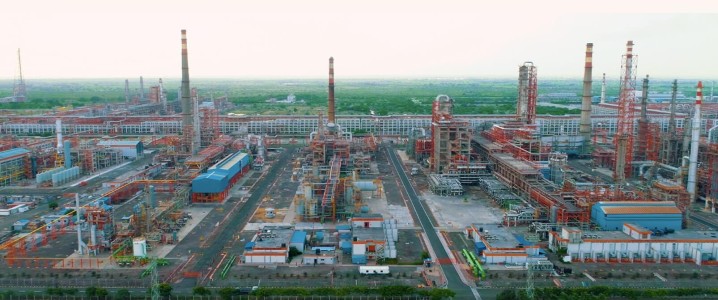U.S. President Donald Trump on Monday said he would “substantially raise tariffs” on Indian exports in response to the country’s continued import and resale of Russian crude oil. The remarks, posted on Truth Social, marked the first time Trump directly tied trade penalties to India’s energy sourcing decisions, according to a report by Reuters.
Trump accused India of purchasing “massive amounts” of Russian oil and reselling it for profit, saying the country was indifferent to Ukrainian casualties. While no specific tariff categories were mentioned, aides cited by Fortune said the measures would be “very large, very soon.”
Despite sustained U.S. pressure, India has kept Russian crude volumes above 1.5 million barrels per day throughout the summer. Refiners have relied on rupee payments, direct Russian tankers, and third-party traders to maintain flows even under the threat of secondary sanctions. According to trade data cited by TRT World, India’s imports from Russia surged from under $9 billion in 2021 to over $64 billion last year, driven overwhelmingly by discounted oil purchases.
At least four sanctioned Russian-flagged vessels are currently anchored off India’s western coast, unable to unload amid legal and logistical uncertainty. These tankers, stationary for over a week, illustrate the growing complexity of India’s crude trade with Russia.
India’s foreign ministry has not commented on Trump’s remarks. However, prior statements have emphasized energy security and “strategic autonomy,” particularly as Russian barrels remain the cheapest large-scale option for Indian refiners. No implementation date for the new tariffs has been announced.
The tariff threat adds to growing uncertainty for Indian refiners, several of which have already begun reassessing payment structures, flag registries, and ship-to-ship transfer protocols. While some barrels are now being routed through intermediaries in Fujairah and Singapore, Indian shipping agents say due diligence checks have tightened following new U.S. Treasury advisories. Analysts note that even a symbolic tariff hike could chill third-party financing and insurance, complicating access to discounted cargoes already slowed by transshipment bottlenecks.
By Charles Kennedy for Oilprice.com
More Top Reads From Oilprice.com

